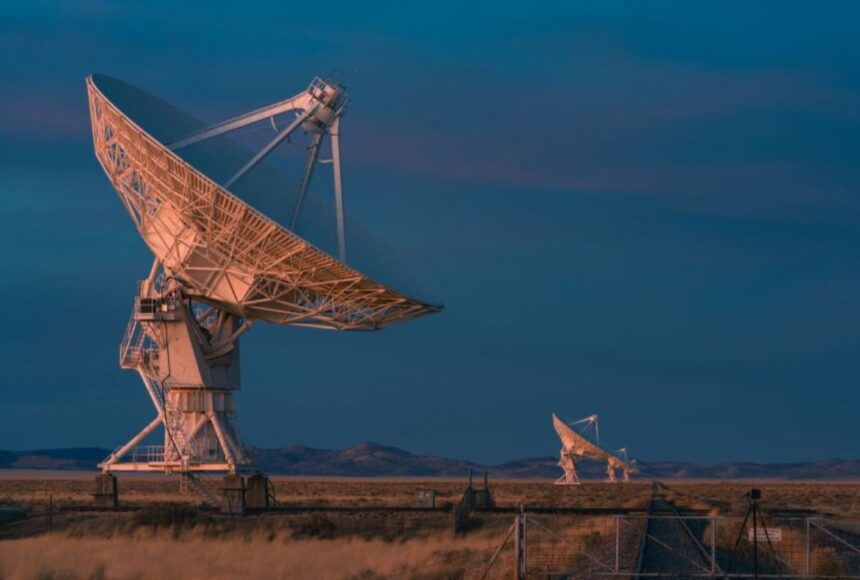Djibouti is looking to enhance its climate monitoring capacity with the launch of its second satellite Nanosatellite.
The launch, executed aboard a SpaceX Falcon 9 heavy rocket, was celebrated as a historic step forward in the nation’s pursuit of technological and scientific advancement.
The Djibouti-1B nanosatellite was developed in partnership with the Space Center of the University of Montpellier (CSUM) and integrated into the Falcon 9 rocket by Exolaunch, a leading global provider of satellite deployment services.
The satellite’s primary mission, under the Hydrosat initiative, is to enhance climate monitoring capabilities, complementing its predecessor, Djibouti-1A. Together, these satellites will collect crucial data from climatological, rainfall, and limnometric stations across the country, enabling the Centre for Studies and Research of Djibouti (CERD) to monitor environmental changes effectively.
- Advertisement -
This information will support sustainable water resource management, assess drought impacts, and strengthen resilience against climate change challenges.
The launch of Djibouti-1B also reinforces Africa’s growing presence in space technology.
Djibouti joins nine other African nations—Egypt, Ethiopia, Kenya, Nigeria, Zimbabwe, Rwanda, South Africa, Sudan, and Senegal—in operating Earth observation satellites. Africa has now launched a total of 62 satellites, underscoring the continent’s commitment to leveraging space technology for socio-economic development.
This robust space program positions Djibouti as a key player in addressing regional challenges such as climate change, agriculture, and disaster preparedness.
Also, the successful launch of Djibouti-1B sets a solid foundation for future achievements and highlights the transformative potential of space technology in driving sustainable development.










